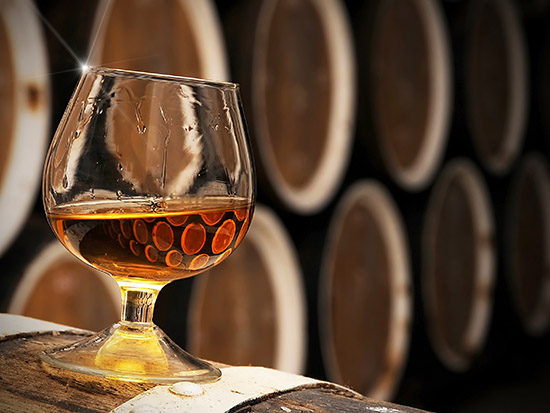UNFOCUSED: Stuff to know about drinks, drinking and so on.
By: Doug Cook, BDCWriting.com
How Well Do You Know Bourbon?
 If your answer to this is “Very well, we never leave each other’s side,” well, I’m not judging here, but you should probably keep that answer to yourself.
If your answer to this is “Very well, we never leave each other’s side,” well, I’m not judging here, but you should probably keep that answer to yourself.
For the rest of you, this article is more about knowledge of bourbon than your personal relationship with it. So, how well DO you know bourbon (as opposed to whiskey, in general)? Here’s a little quiz, even with a bonus question, to test your knowledge. If you answer at least five correctly, congratulate yourself and collect your prize – a pour of your favorite bourbon from your cabinet. If not, it’s ok, shake it off, try and find a good book or website to learn from, and collect your prize – a pour of your favorite bourbon from your cabinet. With all due responsibility, of course. Now, for the quiz:
1) What are the six legal requirements that define bourbon in the United States?
a. ________________
b. ________________
c. ________________
d. ________________
e. ________________
f. ________________
Bonus: What is the best bourbon in the world?
That’s it! Now wasn’t that easy? No?
If your answer was, I didn’t know there were legal requirements that define bourbon in the United States, I’m sorry to inform you that you didn’t pass the quiz. Now, go collect your prize and crack a book. If your answer was, it has corn in it, well you’re on the right track, but you’ve got a bit of work to do. Collect your prize and study a bit harder. Or visit a few distilleries in Kentucky, after which you will wake up in the middle of the night reciting the correct answers. Trust me.
If you got at least five answers correct, congratulations! This quiz is tougher than you might think, even as a bourbon aficionado, so five out of six is a solid score. The good news is, as long as you do actually name a bourbon and not some other whiskey, you got the bonus question correct! While some answers might cause serious questions about your taste, one’s preference for bourbon is ultimately up to the individual. So, even those who only got four correct also pass.
Answers, you say? Rather than listing them out, they are right here in this paragraph, cleverly hidden in the middle of text so the ne’er-do-wells don’t try to skate by with cheating. First, the bourbon must be made in the United States, though not specifically in Kentucky – a common misperception. The grain mixture (aka mash bill) must be at least 51% corn (yes, for those who said it has corn in it. Lots of corn.) It must be aged in new, charred oak barrels (some trivia – scotch is frequently aged in used barrels from U.S. whiskey and wine makers). The bourbon may only be distilled to 160 proof (80% ABV) or below, and barreled for aging at no more than 125 proof (yes, that was two answers in one sentence). Finally, the bourbon must be bottled at 80 proof (40% ABV) or higher.
Those are the requirements. Another common misperception is that bourbon must be aged for a minimum of two years. This is true for bourbon identified as straight bourbon, but just plain ol’ bourbon does not require a minimum aging period. Finally, bourbon identified as blended can include coloring, flavoring and all manner of disgusting additions. But why??? (Ok, there are a very small number of palatable blended bourbons, but your author is a purist.)
If only quizzes and lessons were so interesting back in school. Plus, you are now welcome to go to the “playground” and share your knowledge without being called a nerd. Enjoy!

